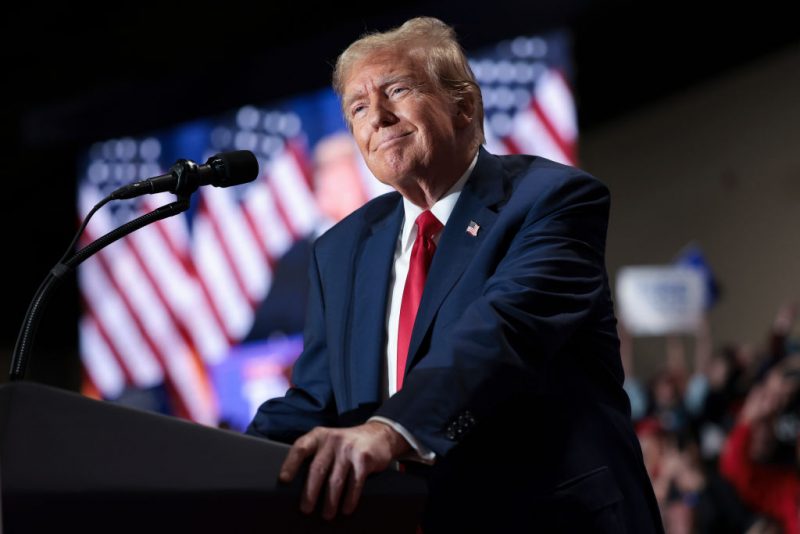As former President Donald Trump gears up to contest the 2024 election results in close states, doubts have emerged about whether he can secure the same legal firepower that backed him four years ago.
Trump and his allies have repeatedly signaled their intent to challenge the election outcome if they deem it necessary. However, the fallout from more than 60 failed legal challenges in 2020, along with indictments stemming from efforts to introduce alternate electors, could make it harder for him to recruit top-tier legal talent for similar battles this time around.
Conservative lawyers admit that Trump may face a “more difficult proposition” in attracting elite attorneys for 2024, with some citing political pressures within the legal community. “Bar associations have been captured by the Left,” claimed Hans von Spakovsky, a former Federal Election Commission member, in an interview with the Washington Examiner. He further added, “All of those prosecutions, all those disbarments, are a complete abuse of the law, the legal system, and the professional licensing system for lawyers.”
This challenge partly arises from the repercussions faced by Trump’s previous legal team, many of whom encountered disciplinary action for their involvement in 2020 election lawsuits. Rudy Giuliani, John Eastman, Jenna Ellis, Sidney Powell, and Kenneth Chesebro have all had their law licenses either revoked or suspended over their work related to Trump’s legal efforts.
“The result of all of that is that, yeah, there’s a lot of lawyers, very good lawyers, who will be very reluctant to represent the president no matter how valid his legal claims are,” von Spakovsky noted.
The challenge could be especially pronounced in Democratic-leaning states, where local attorneys may be hesitant to represent Trump for fear of retaliation or professional consequences. In such cases, Trump may need to enlist out-of-state lawyers who would then need to seek special permission, known as pro hac vice, to practice in those jurisdictions.
“That makes litigating much more difficult,” von Spakovsky concluded.
 Telegram is where we really talk. Don't miss out!
Telegram is where we really talk. Don't miss out!







